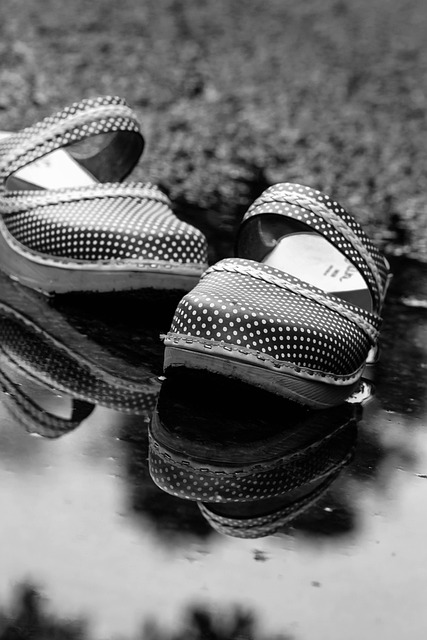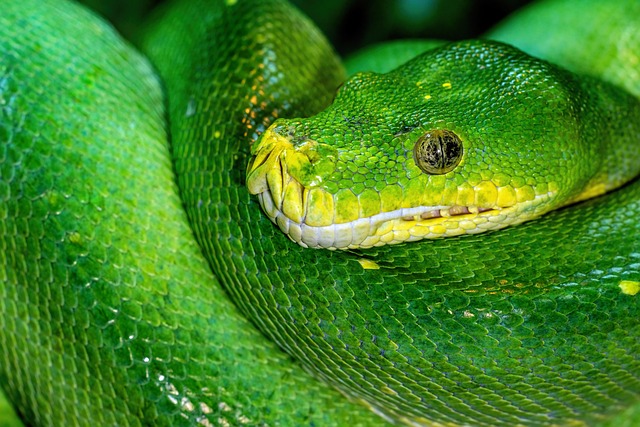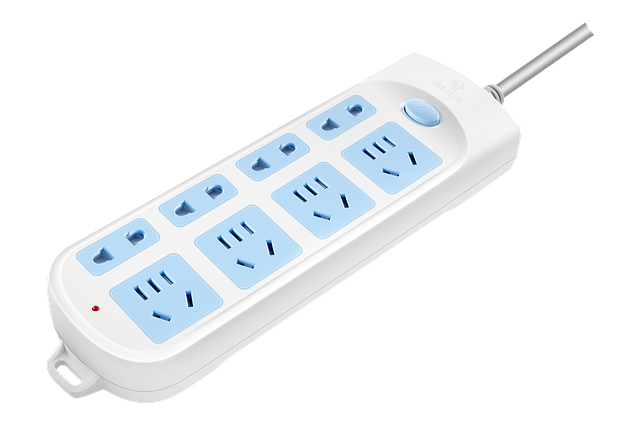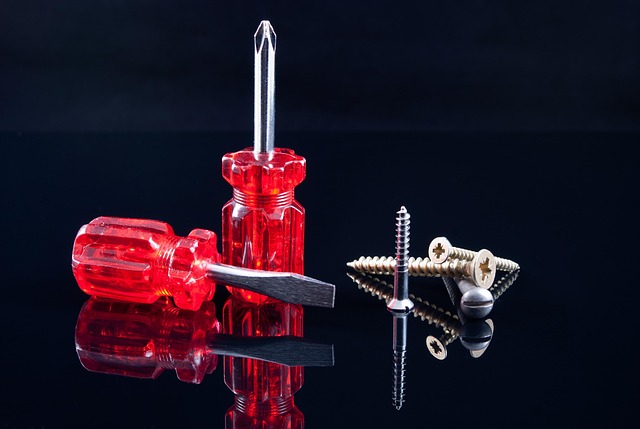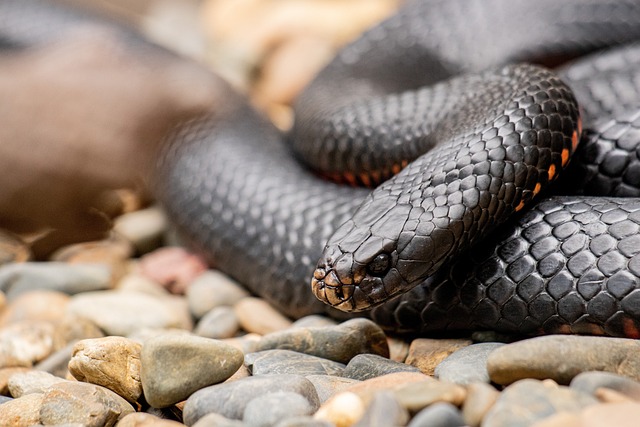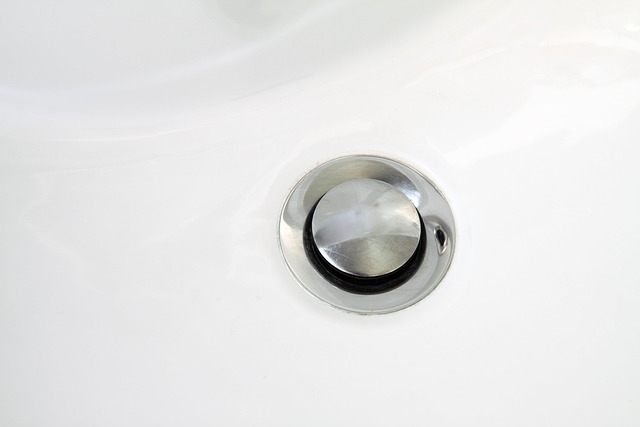Pouring grease down the sink is a quick fix that leads to severe plumbing issues by solidifying and causing blockages. To prevent DIY clogged drains, implement grease traps, use strainers for food scraps, and employ eco-friendly methods like baking soda, vinegar, or specialized drain cleaners. Regularly clean drains with hot water and a plunger, and install catchers to physically block grease from entering pipes. Persistent clogs require professional hydro-jetting and pipe inspection by plumbers.
Pouring grease down the sink might seem like an easy way to dispose of it, but it’s a leading cause of kitchen drain cloggings. This can lead to costly repairs and unsanitary living conditions. Learn how to avoid this common mistake by understanding the impact of grease on drains, identifying causes of clogs, trying DIY solutions, choosing effective cleaning products, implementing preventive measures, and knowing when to call a professional plumber for severe cases of DIY clogged drains.
- Understanding the Impact of Grease on Drains
- Common Causes of Kitchen Drain Clogging
- DIY Solutions to Unclog Your Sink Without Grease
- Effective Cleaning Products for Degreasing Pipes
- Preventive Measures to Keep Drains Free of Grease
- When to Call a Professional Plumber
Understanding the Impact of Grease on Drains
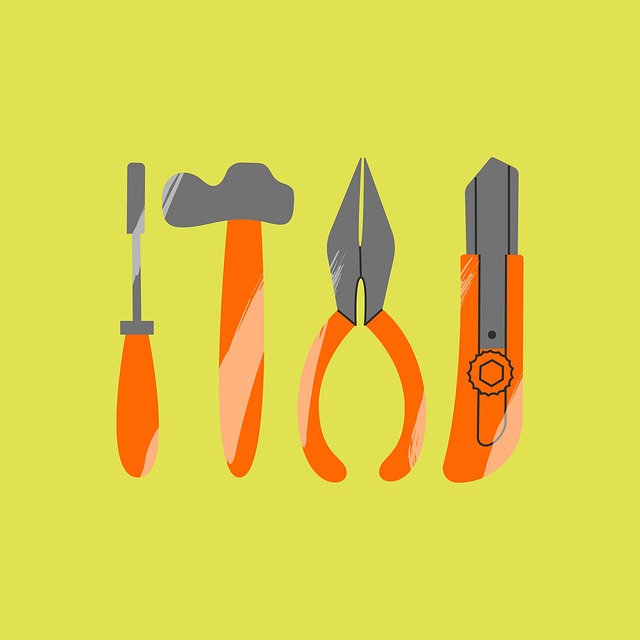
Pouring grease down the sink might seem like a quick and easy solution, but it can have severe consequences for your plumbing system. Grease is a common culprit behind DIY clogged drains, as it solidifies and congeals over time, forming a waxy buildup that can completely obstruct drain pipes. This not only leads to slow drainage or complete clogs but also causes significant damage to your plumbing.
When grease encounters the warm water in your sink, it cools and hardens, adhering to the sides of the pipes. Over time, this accumulation can narrow or even block the entire drainage system, leading to backups and potential flooding. This is especially problematic in kitchens, where large amounts of grease are often used during cooking. Instead of relying on pouring grease down the drain, consider implementing grease traps or strainers to catch excess grease before it enters your plumbing system, ensuring smoother and more efficient drainage.
Common Causes of Kitchen Drain Clogging
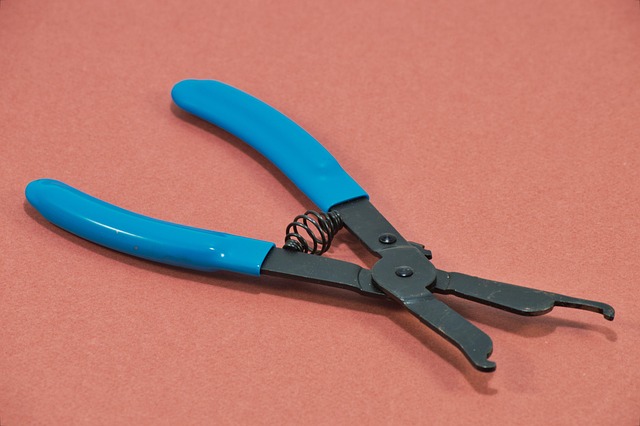
Grease buildup is a leading cause of kitchen drain clogs, often leading to costly plumbing issues. Many homeowners are unaware that pouring grease down the sink, even in small amounts, can create significant blockages over time. This is particularly true for those who cook frequently and use deep frying or grilling methods, as the excess grease tends to congeal and solidify within the pipes.
Other common causes include food debris like rice, pasta, eggshells, and coffee grounds, which can easily stick to greasy residues and form a sticky mass that clogs the drain. Additionally, hair and other household debris often find their way into drains, especially in older homes with less efficient plumbing systems. The best approach for DIY clogged drains is prevention: using strainers to catch food scraps and hair, and being mindful not to dispose of grease down the sink.
DIY Solutions to Unclog Your Sink Without Grease
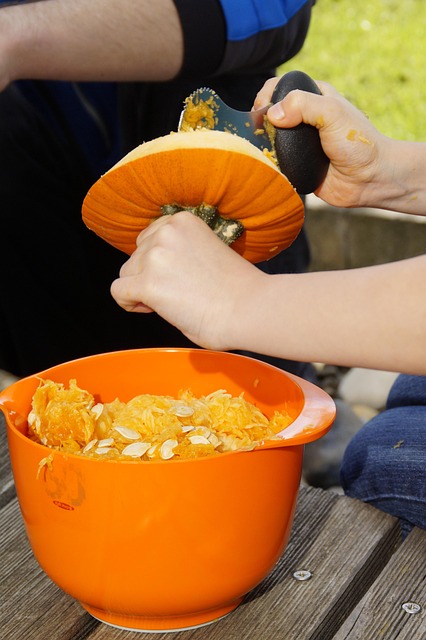
Pouring grease down the sink might seem like a quick fix, but it can lead to serious clogs and plumbing issues. Instead of resorting to this method, try these simple DIY solutions to unclog your sink without causing further problems. One effective approach is to use a combination of baking soda and vinegar. Pour a half-cup of baking soda down the drain followed by a cup of white vinegar. The fizzing reaction will help break up any grease buildup in the pipes.
Another practical method involves using hot water and a plunger. Fill the sink with several inches of hot water, place the plunger over the drain, and pump vigorously for about 10-15 seconds. This can dislodge any clogs caused by hardened grease. Additionally, avoid putting coffee grounds or egg shells down the drain, as these materials can solidify and contribute to clogging. Opting for these natural, eco-friendly methods ensures a clear sink without introducing harmful chemicals into your plumbing system.
Effective Cleaning Products for Degreasing Pipes
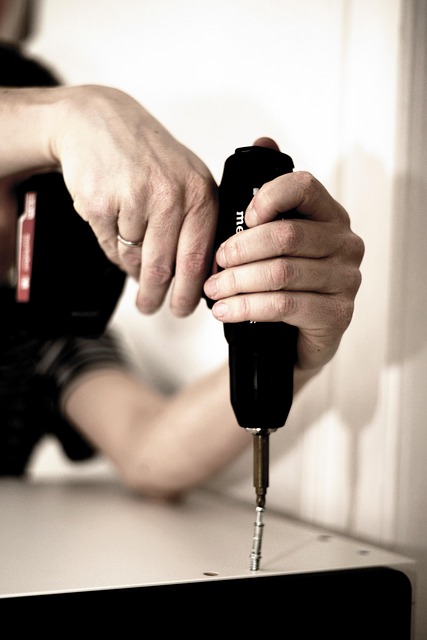
When it comes to tackling greasiness and preventing DIY clogged drains, there are several effective cleaning products designed for degreasing pipes. Firstly, consider using specialized drain cleaners that contain powerful enzymes or acids. These substances can cut through grease and other stubborn debris, clearing your pipes with minimal effort. Always follow the instructions on the product’s packaging for safety and optimal results.
Additionally, baking soda and vinegar are natural, eco-friendly alternatives that work wonders in degreasing. Combining these two ingredients creates a fizzing reaction that can help dislodge grease from pipe surfaces. This simple, DIY approach is cost-effective and safe for both your pipes and the environment.
Preventive Measures to Keep Drains Free of Grease
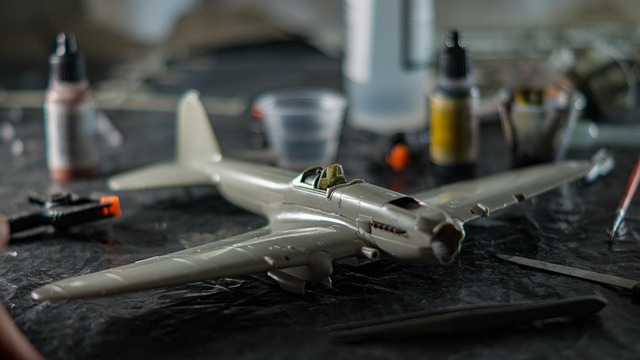
To prevent grease buildup and keep your drains free from clogs, there are several simple measures you can take. Start by never pouring hot or used cooking grease down the sink. Instead, allow it to cool and solidify before disposing of it in a sealed container. Regular cleaning with hot water and a drain snake or plunger is an effective DIY clogged drains solution.
Consider installing a drain catch or strainer to physically block grease from entering your pipes. This simple addition can significantly reduce the amount of grease that makes its way down the drain, preventing costly clogs and protecting your plumbing system.
When to Call a Professional Plumber
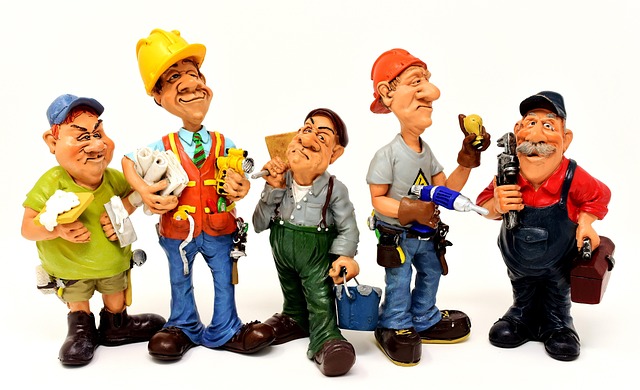
Pouring grease down the sink might seem like a quick fix for a temporary clog, but it can lead to serious plumbing issues over time. This is because grease solidifies and congeals in pipes, especially as it cools down, causing clogs that are difficult to clear. If you’ve tried DIY methods for unclogging your drains without success, or if the problem persists despite repeated attempts, it’s time to call a professional plumber. They have the specialized tools and expertise needed to tackle stubborn clogs caused by grease buildup.
Professional plumbers can use hydro-jetting techniques that involve powerful water jets to break up and remove greases, fats, and other debris from your pipes. This method is highly effective for clearing heavy blockages and preventing future clogs. Additionally, they can inspect your plumbing system to identify any damage or weaknesses that may be contributing to the recurring issue of clogged drains.
